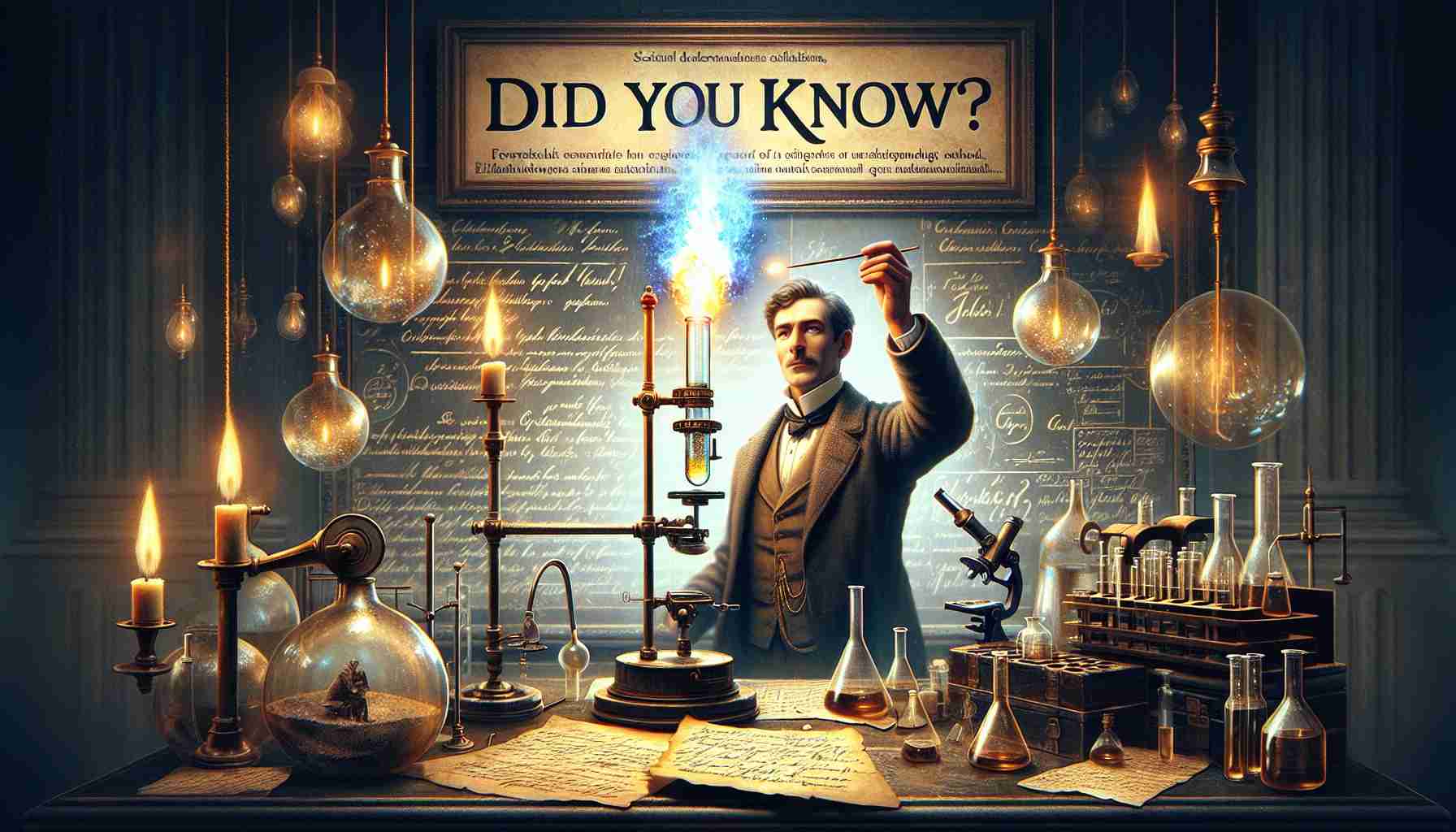In the vast expanse of natural elements, hydrogen holds a special place as the most abundant element in the universe. But have you ever wondered when this fascinating element was first discovered? The journey of hydrogen’s discovery intertwines with significant milestones in the history of chemistry.
The official discovery of hydrogen is attributed to the 18th-century English scientist Henry Cavendish in 1766. Cavendish was known for his meticulous experimental methods and keen insights into the nature of gases. During his experiments with acids and metals, he identified a colorless, odorless gas, which he called "inflammable air." This gas was later named hydrogen, from the Greek words "hydro" and "genes," meaning “water-forming.” Cavendish observed that when hydrogen burned in the presence of oxygen, it produced water—an observation that contributed significantly to the understanding of combustion and the composition of water.
The significance of hydrogen extends beyond its chemical properties. Its discovery laid the groundwork for the development of the periodic table, greatly influencing scientific thought and paving the way for future discoveries in atomic theory and chemistry. Notably, hydrogen is the simplest and lightest element, consisting of just one proton and one electron.
Today, hydrogen is not just a vital topic for scientists but also speaks to global conversations on sustainable energy solutions. Recognizing hydrogen's impactful past while envisioning its future potential continues to inspire researchers and enthusiasts alike. As we explore alternative energy resources, hydrogen's legacy as a cornerstone of chemistry remains as compelling as ever.
How Hydrogen's History Could Shape Our Future: Unexplored Insights
Hydrogen, though familiar to many, unfolds a multitude of untapped potential that significantly impacts individuals and societies alike. Beyond its status as the universe’s most abundant element, hydrogen's undiscovered dimensions warrant our attention. Though the world learned about this element with Henry Cavendish's experiments in 1766, its implications today extend far beyond academic curiosity.
One intriguing facet is hydrogen's role in shaping global energy strategies. As countries seek sustainable energy sources, hydrogen emerges as a promising alternative. With its ability to generate power without carbon emissions, hydrogen fuels possibilities for cleaner transportation, reduced air pollution, and sustainable manufacturing practices. This transition could redefine industries, creating new jobs and technological landscapes, ultimately benefiting economies and communities globally.
A critical question in this shift is infrastructure: How do societies adapt their existing frameworks to accommodate hydrogen-based systems? Investment in hydrogen production, storage, and distribution remains a pivotal challenge, urging governments and private sectors to collaborate towards an integrated energy future.
Controversies also edge into hydrogen's narrative. Debates around production methods—whether via electrolysis (splitting water with electricity) or natural gas reforming—highlight environmental concerns surrounding energy inputs and carbon outputs. The future of hydrogen hinges on advancing these technologies sustainably and economically.
For more on hydrogen's potential and related technologies, visit Energy.gov or IUPAC.
As hydrogen continues to evolve from a scientific marvel to a practical solution, its journey remains a testament to the transformative power of innovation. How societies leverage this element could define our path towards a cleaner and more sustainable future.













